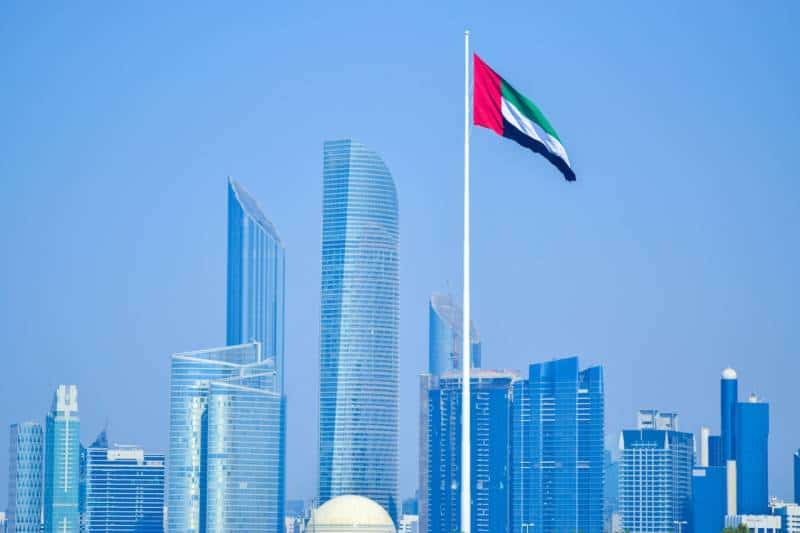DUBAI – In a move aimed at facilitating employees, the authorities in Dubia have announced drastic reductions in the time and paperwork required for processing residency visas and work documents.
Under the “Zero Bureaucracy” plan, the authorities have cut the processing time for bringing a new employee on board from 30 days to just five.
The initiative, spearheaded by Sheikh Mohammed bin Rashid, Vice President and Ruler of Dubai, aims to streamline government procedures and enhance overall efficiency.
Under the new plan, the number of required documents has been significantly reduced from 16 to five, marking a substantial simplification of the process.
The plan, unveiled by Sheikh Mohammed, is a part of the broader Invest in Dubai platform, which is set to provide services to over 275,000 companies in Dubai during its initial phase. The initiative encompasses various services, including issuing work and residency permits for new employees, renewing residency permits, conducting medical fitness tests for residency visas, canceling work permits, and Emirates ID fingerprint scans.
While the platform primarily operates online, certain procedures such as medical checks and fingerprint scanning still necessitate in-person visits. However, the implementation of artificial intelligence (AI) has significantly expedited processing times, reducing them by more than 75% without the need for human intervention.
Collaborating entities in this platform include Dubai Health, the Ministry of Human Resources and Emiratisation, Dubai Economy and Tourism, the Federal Authority for Identity, Citizenship, Customs, and Port Security, as well as the General Directorate of Residency and Foreigners Affairs in Dubai (GDRFA).
Lt Gen Mohammed Al Marri, the general director of GDRFA-Dubai, anticipates a 25% increase in service transactions following the launch of the new platform, emphasizing that the streamlined process consolidates multiple procedures into a single form, thereby reducing both steps and visits required.
The impact of the initiative extends beyond efficiency gains, with expectations to reclaim over 60 million working days previously spent on renewal processes within the government framework. Moreover, it is projected to curtail 25 million procedures annually, resulting in substantial savings for both governmental and private sectors.














